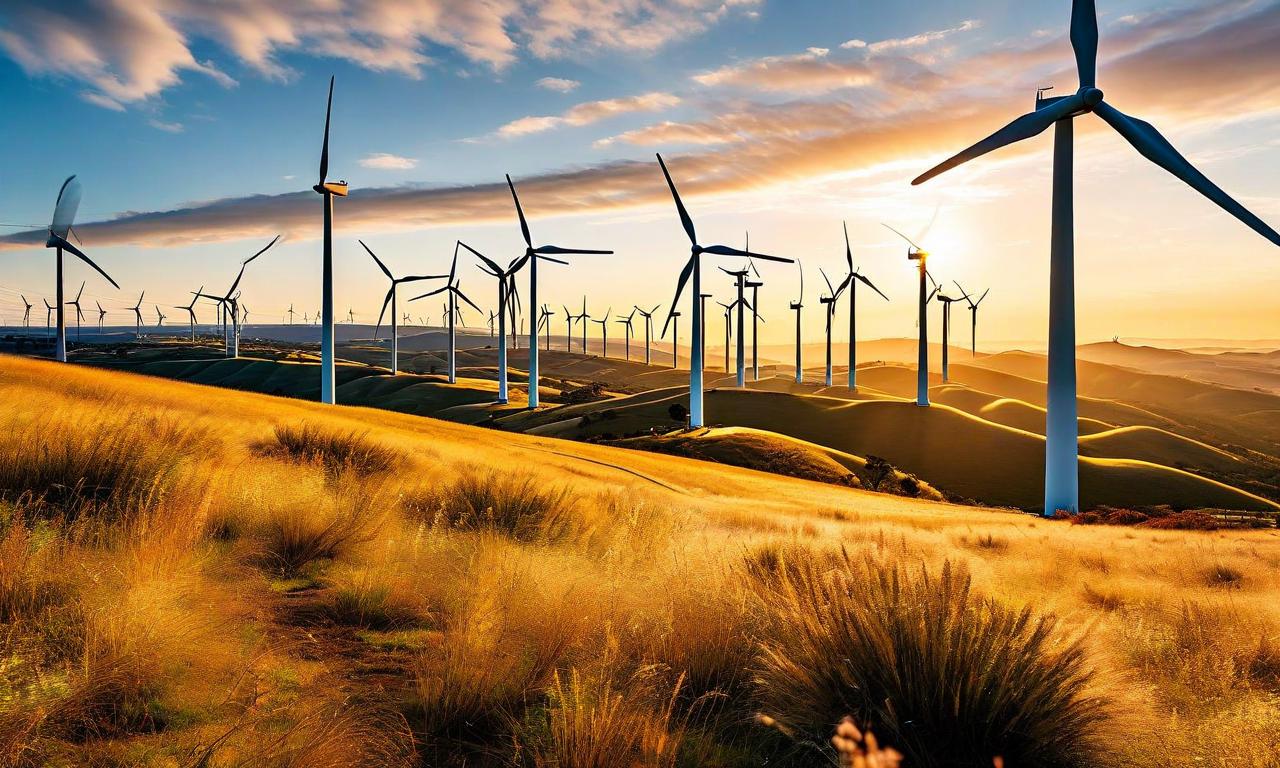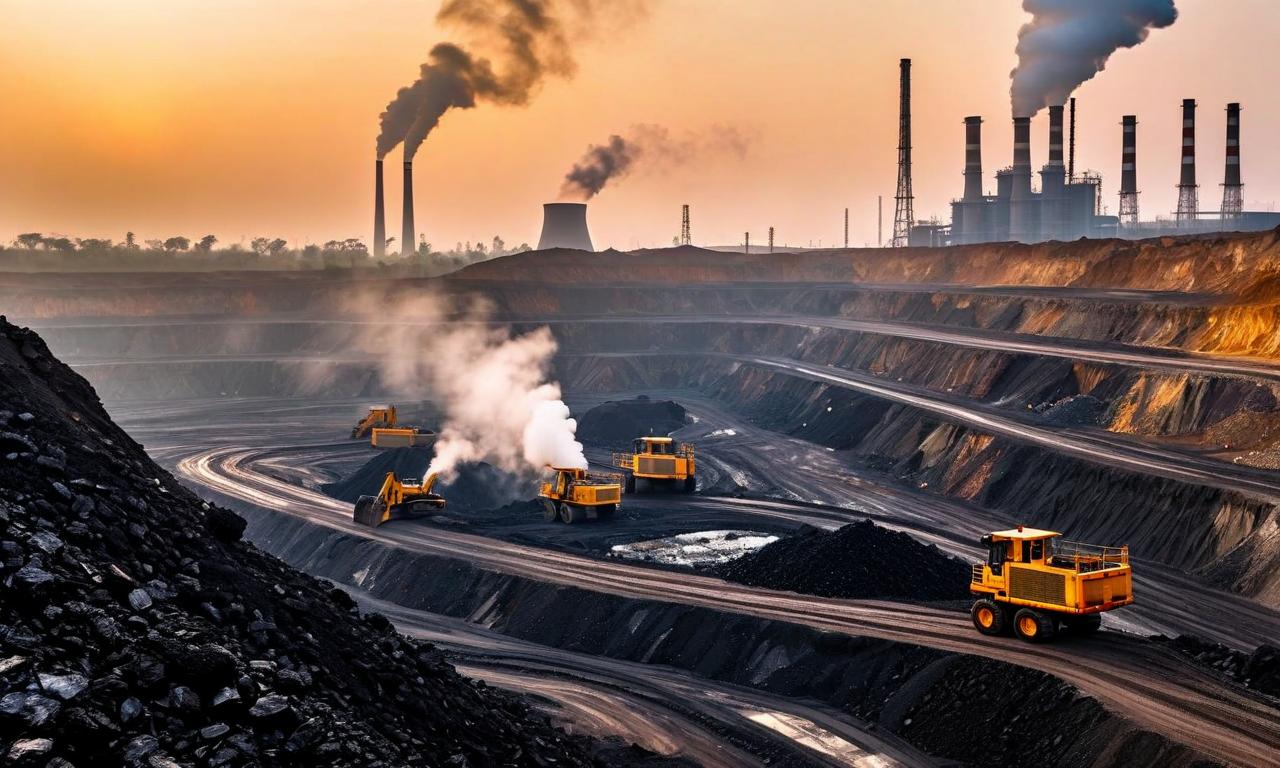Trump Criticizes Wind Power, Signs Bill to Limit Clean Energy Projects
Donald Trump has launched a criticism against wind power, claiming countries relying on windmills face high energy costs and public discontent. He signed the 'Big Beautiful Bill' to limit new clean energy projects and centralize approval processes. The administration has tightened federal approvals for renewables and imposed tariffs on steel and copper. Danish company Orsted has filed a lawsuit against the administration for halting its $6.2 billion wind farm project. The U.S. is experiencing increased strain on power supplies due to growing electricity demand and retirement of older coal plants.

*this image is generated using AI for illustrative purposes only.
Former President Donald Trump has launched a scathing attack on wind power, claiming that countries heavily reliant on windmills are facing steep energy costs and public discontent. The controversial statement was made on Trump's social media platform, Truth Social, as part of his ongoing criticism of renewable energy sources.
'Big Beautiful Bill' and Renewable Energy Restrictions
In a move that aligns with his stance against wind power, Trump signed what he termed the 'Big Beautiful Bill.' This legislation aims to:
- Curtail the development of new clean energy projects
- Centralize the approval process for renewable energy initiatives under Interior Secretary Doug Burgum
The administration has also:
- Tightened federal approvals for renewables
- Imposed tariffs on steel and copper, effectively increasing the costs associated with solar and wind project development
Legal Challenges and National Security Concerns
The Trump administration's actions have not gone unchallenged:
- Danish renewable energy company Orsted has filed a lawsuit against the administration for halting its $6.2 billion wind farm project near Rhode Island
- Orsted claims that the stoppage of the nearly completed project was unlawful
- Federal officials cited national security concerns as the reason for the intervention
Energy Demand and Power Supply Strain
These developments come at a time when the United States is experiencing increased strain on its power supplies:
- Growing electricity demand from AI data centers and other industries is putting pressure on the grid
- Older coal plants are being retired
This situation highlights the complex challenges facing the U.S. energy sector as it navigates the transition between traditional and renewable energy sources.
Implications for the Renewable Energy Sector
Trump's criticism and policy actions represent a significant headwind for the wind power industry and the broader renewable energy sector in the United States. As the debate over energy policy continues, stakeholders in both traditional and renewable energy fields are closely watching how these developments will shape the future of U.S. energy production and consumption.
The ongoing controversy surrounding wind power and renewable energy policies underscores the deep divisions in approaches to addressing energy needs and environmental concerns in the United States.

























